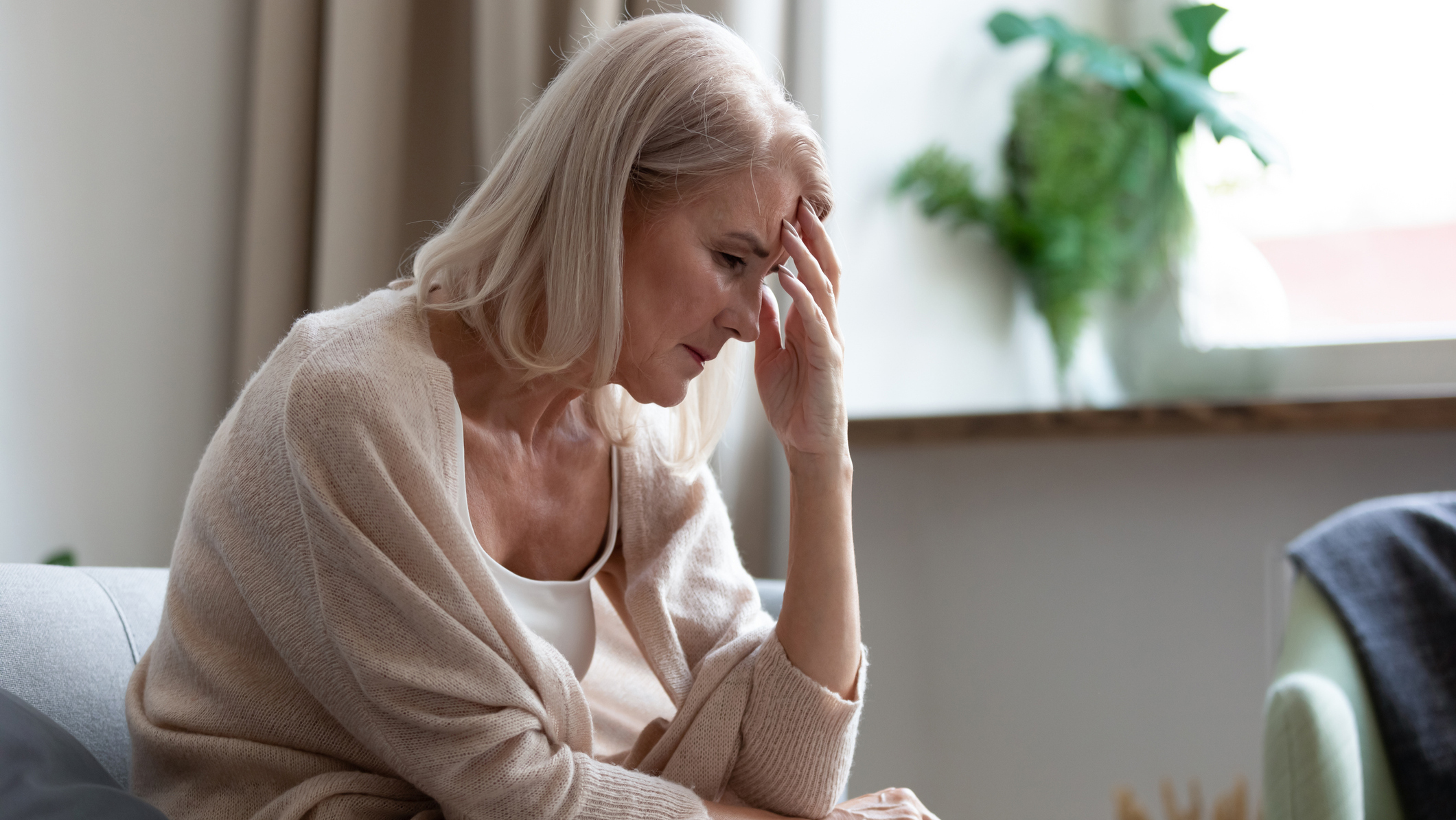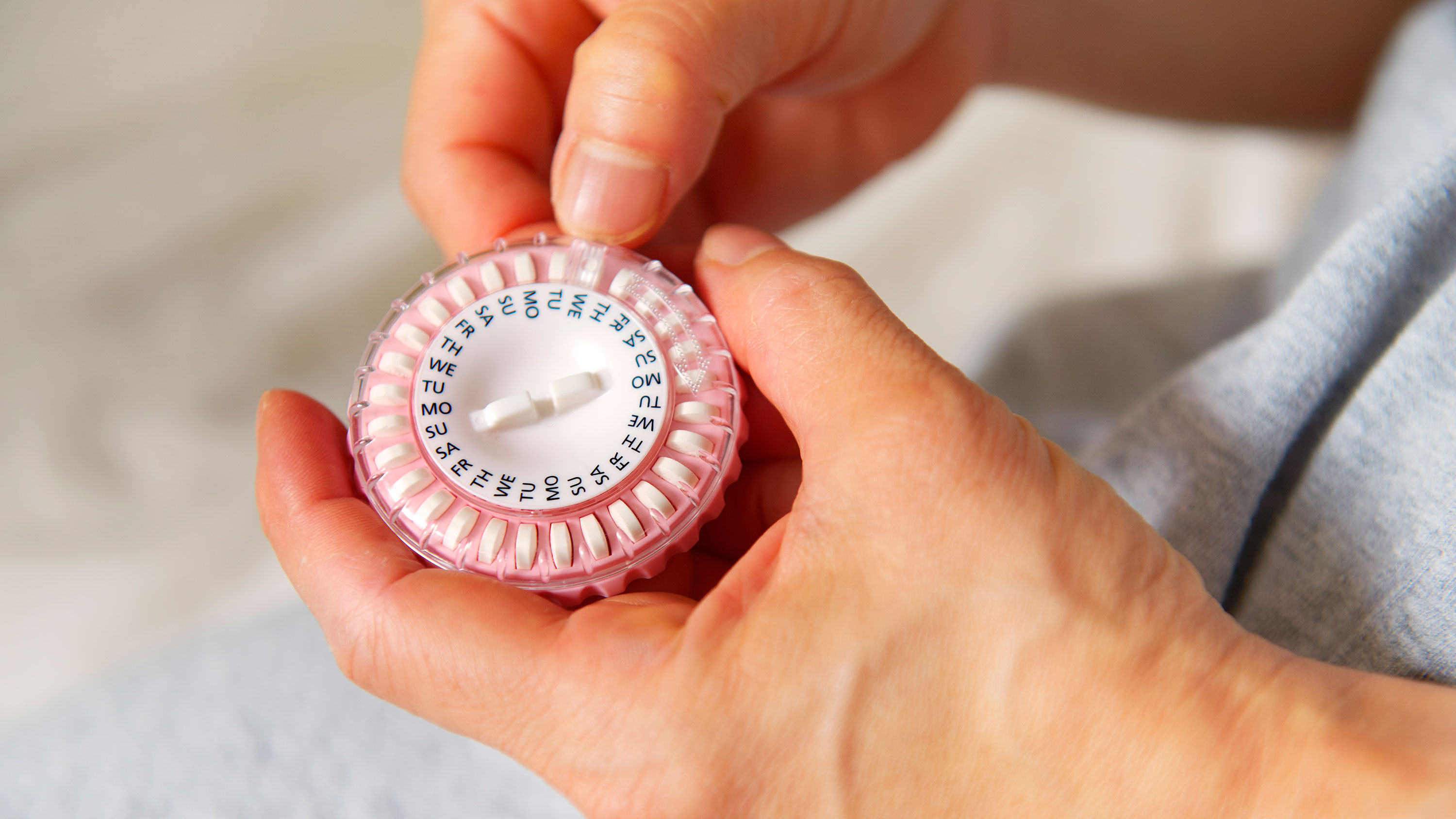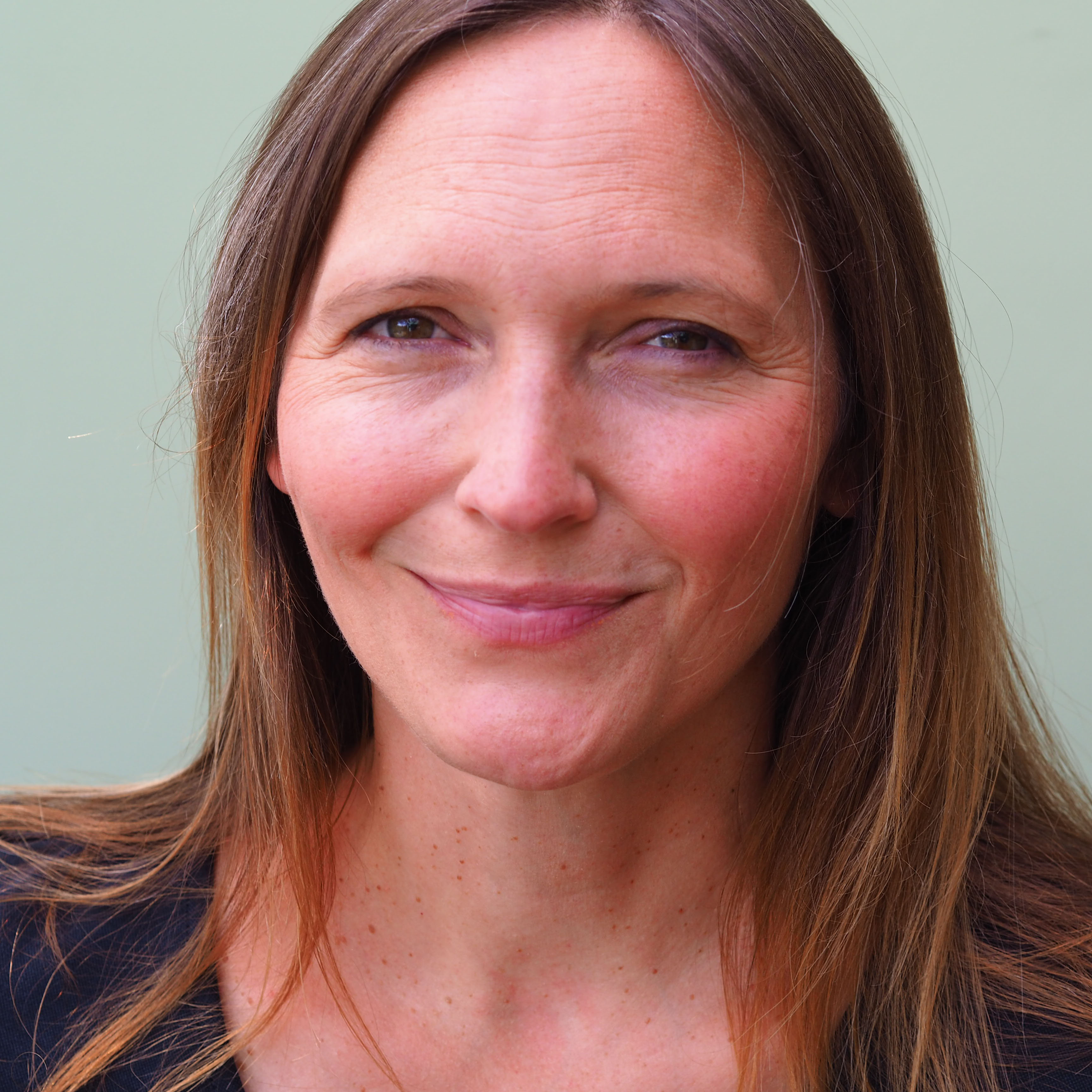Menopause and anxiety: causes and how to treat it
Did you know there’s a connection between menopause and anxiety? We show you how to identify it - and how to beat it


Start your week with achievable workout ideas, health tips and wellbeing advice in your inbox.
You are now subscribed
Your newsletter sign-up was successful
When most people think about the menopause they think hot flushes and night sweats. What’s less widely known is menopause and anxiety can go hand in hand.
According to research by Nuffield Health, a third of women with menopause symptoms say they suffer from anxiety, and one in four say they are struggling to cope with life.
“Hot flushes and night sweats are often the symptoms that bother my patients the least,” says GP and menopause specialist Dr Louise Newson. "It is the symptoms other people can’t see, the psychological symptoms, that lead to the most difficulties.”
- How to avoid menopausal weight gain
- A guide to the best vitamins for women over 50
So what is it that makes women more susceptible to anxiety in menopause and what can we do about it? Below we explore the connection in more detail, and answer questions including what treatments are available and whether menopause supplements can help.
What causes menopause anxiety?
Ss ever, it's a lot to do with hormones. As women enter the perimenopause, levels of oestrogen and progesterone start to fluctuate and decline, as does testosterone. This can have a huge impact on the mind as well as the body - especially if we aren’t tuned in to what’s going on.
Dr Deborah Lee of Dr Fox Online Pharmacy explains: “Oestrogen plays an important role in many of the brain's functions, including mood and emotion. Progesterone, meanwhile, is known to ‘switch on’ the brain’s GABA pathway (which is the brain’s inhibitory system to help cope with anxiety and stress) while testosterone increases our level of ‘happy hormone’ serotonin.
"With all these hormones fluctuating and declining it’s no wonder so many women are left feeling anxious.”
Start your week with achievable workout ideas, health tips and wellbeing advice in your inbox.
A lack of education can make matters worse, says psychotherapist and menopause expert Diane Danzebrink. “If women don’t understand what’s happening to them, making the connection to menopause, then all those feelings can be intensified.”
What are the symptoms of menopause anxiety?
Menopause anxiety can manifest in lots of different ways and is experienced differently by different people. Diane says these can include:
- A racing heart
- Repetitive thoughts
- A churning stomach
- A feeling of dread
It might also feel different depending on the time of day. “Menopause anxiety can often be worse early morning, when oestrogen is slightly lower,” says Dr Newson.
It’s not always easy to know if your anxiety is linked to menopause, especially if you are using contraception that alters your period. A menopause symptom checklist can be helpful, to see if you have any other menopausal symptoms. You can then take that to an appointment with your doctor.
How is menopause anxiety treated?
Dr Newson believes hormone replacement therapy (HRT) to be the best treatment for menopausal symptoms.
“Many women are scared about HRT - particularly in relation to breast cancer - but the small increased risk of breast cancer that has been demonstrated in some studies is lower than the increased risk of breast cancer if you are overweight or drink a couple of glasses of wine a night."
She adds: "Studies have shown that women who start HRT when they are under 51 years of age - or who don’t take progestogen (so those women who have had a hysterectomy) - do not have any increased risk of breast cancer.”
“Taking HRT actually reduces your future risk of diseases such as osteoporosis, heart disease and diabetes. So, in addition to helping you feel better, taking HRT is actually a real investment for your future health."
Diane agrees and recommends asking your doctor for the newer, ‘body identical’ HRT. “It has the same molecular structure as the hormones we produce naturally and is plant-derived (from the root vegetable the yam). Recent studies have shown that taking body identical oestrogen and progesterone for five years showed no increased risk of breast cancer,” she says.

Natural remedies for menopausal anxiety
Not keen on HRT, or simply looking to supplement it with more natural remedies? There are a variety of avenues to explore, including:
- Supplements
- Lifestyle changes
- Cognitive behavioural therapy (CBT)
- Breathing and relaxation
- Support groups
- Aromatherapy
Supplements
“Some women do find different supplements useful - but the choice can be bewildering,” says Dr Lee. “Take advice from your doctor as even natural products are not without risk. There’s research to suggest that isoflavones - plant-based oestrogens - which include red clover, can reduce menopause anxiety but they are not recommended for women with a history of breast cancer”
Lifestyle changes
Dr Lee stresses that lifestyle changes can make a big difference. “Stopping smoking, losing weight (if you are significantly overweight), reducing alcohol and caffeine consumption, eating a healthy balanced diet and taking regular exercise have all been shown to improve menopausal symptoms,” she says.
Cognitive behavioural therapy (CBT)
“By understanding the changes to your body and developing a positive approach to dealing with these symptoms many women obtain significant improvement,” says Dr Lee. For those based in the UK, CBT is available on the NHS - although wait times can be long.
Breathing and relaxation
“Simple breathing techniques, yoga and mindfulness apps can also help,” says Diane. Check out our how to meditate guide for tips and advice.
Support groups
Finding your 'tribe' can help you share experiences and make you feel less alone. Diane recommends talking to friends or joining a support group such as the Menopause Support Facebook Group. “You don’t need to go through this alone,” she says.
Aromatherapy
“The use of aromatherapy oils, like lavender, may help with poor sleep, promote relaxation and improve symptoms of anxiety or depression, says Dr Newson. “Although little is known about the effect of aromatherapy on menopausal symptoms, any therapy which allows you to relax and focus on yourself as an individual is an investment in yourself and can help you cope better with menopause symptoms.” Pick one of the best diffusers for essential oils to bring the benefits of aromatherapy into your home.
Claire is a freelance health, fitness and food journalist who has written for titles including Women’s Health, Top Santé, Woman & Home, Feel Good You, the Telegraph and Independent. She has a passion for being outside in nature and you’re more likely to find her walking in the woods or joining an exercise class in the park than pounding a treadmill in the gym. She also has a special interest in nutrition and healthy eating, having previously been Food Editor at Top Santé magazine. Her top fitness tip? Take your exercise outdoors wherever possible. It has been shown to boost the physical as well as mental health benefits of a workout and also to make you more likely to want to do it again!
